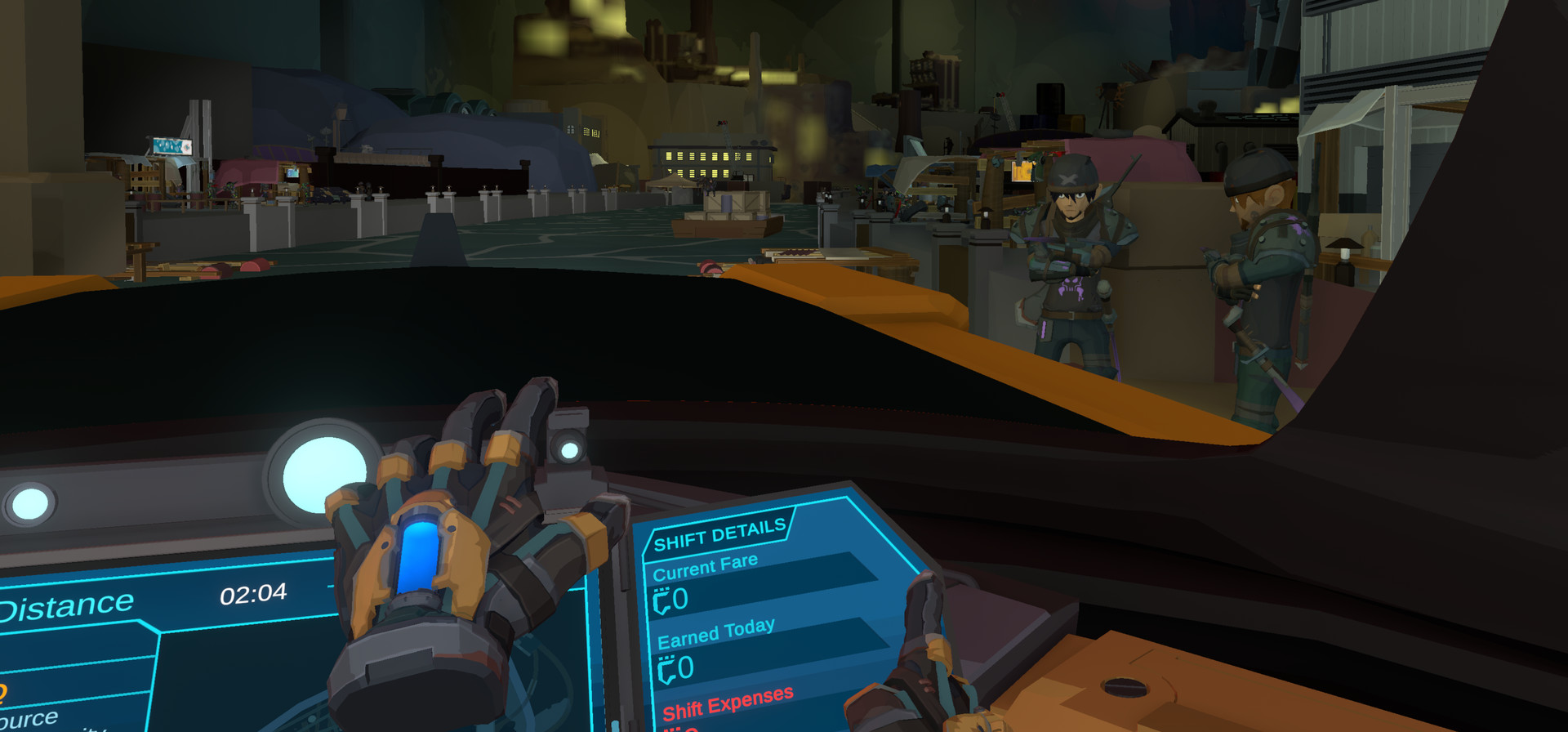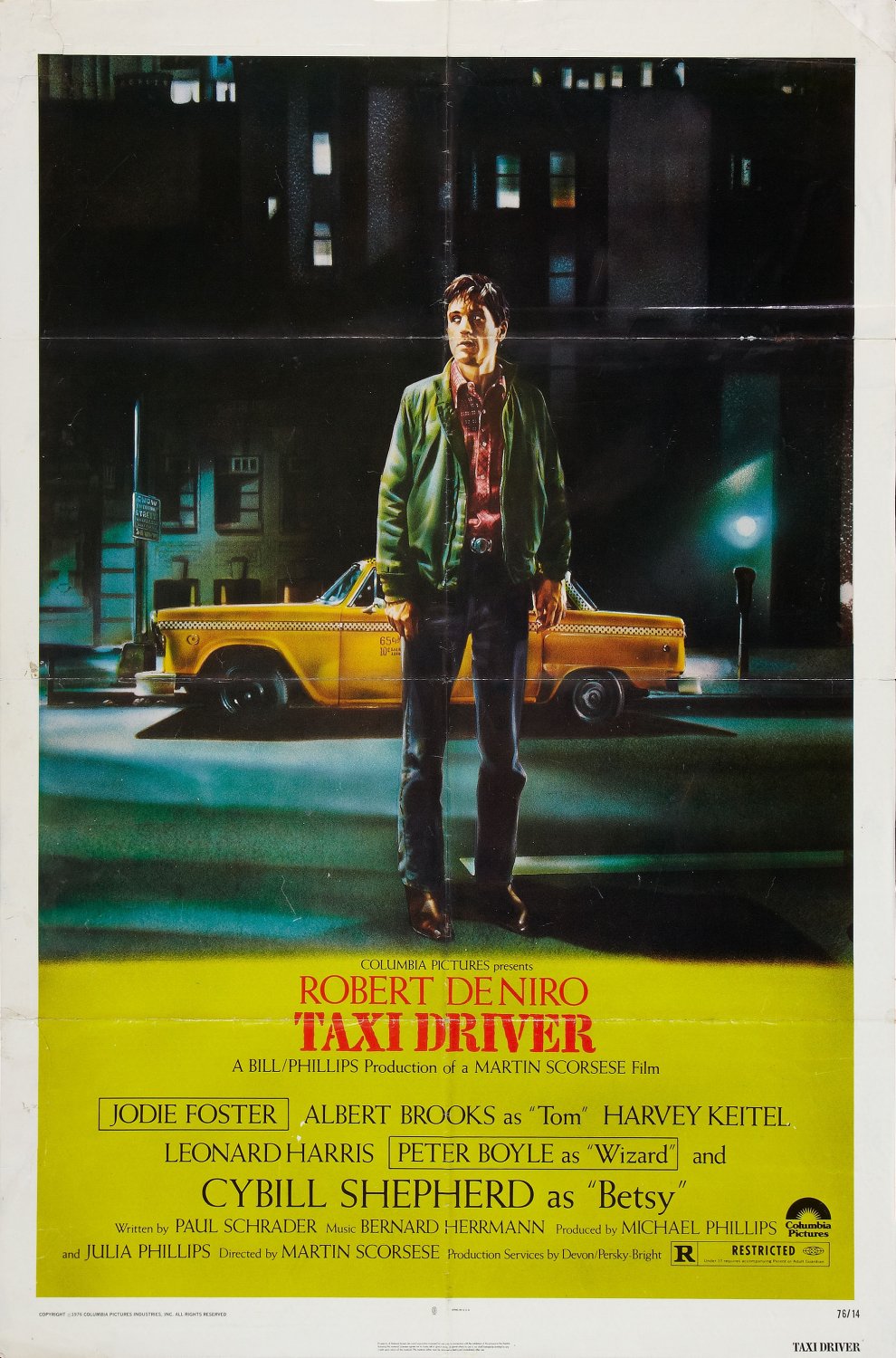

That particular ‘bird’ has asked Joe to drive her to Lambeth Bridge, off which she intends to jump into the Thames. Turning to camera, he says: “Looks a bit miserable though… I know what she needs, right?!” presumably in anticipation of the audience in the cinema going “Corrrr, yeah, not ‘alf! Give it to ‘er, son!” or “She’s gagging for it, mate! Bloody SHAG HERRRRR!!!” or something equally as chivalrous. ‘Carry On’ was all about suggestiveness, double entendre, and the odd flash of a schoolgirl’s knickers (paedophilia was “acceptable back then”… and not just to paedophiles), which primed mainstream audiences for more raunchy, more bare-titty-based comedy such as this potato sack of nonsense.īarry Evans, who is not particularly endearing or charming, holds court as well as can be expected of an actor delivering lines like “be a right little raver when she gets going … got a lovely little body on her, too” regarding a clearly upset-looking girl in the back of his cab. Flocks of suit-clad men shuffled into the respectable setting of the cinema the length and breadth of the country to pretend they weren’t just there for all the tits.īoth the ‘Confessions’ and the ‘Adventures’ series’ were logical progressions to the ‘Carry On’ franchise. Modern inclinations may wonder how a film about man confidently lusting after, and ‘conquering’, pretty much all women he takes a shine to could have ever existed, but it did do relatively well in the box office.
The last taxi driver review series#
This is one of the more successful flicks of the British sex comedy movement of the 1970s and 80s and essentially posed as a low-budget response to the more-popular ‘Confessions’ series of films produced by Columbia Studios. Not to be confused with Marin Scorsese’s Taxi Driver of the same year (“you talkin’ to me?”), Adventures is a dalliance with unrestrained male promiscuity, opposed to De Niro’s portrayal of unchecked mental stability and the effects of isolation in the festering cesspool of after-dark NYC. A film that stays in the bloodstream.Breaking the fourth wall with this barrel of tits from 1976, as Joe North – played by Barry Evans from Mind Your Language – self-commentates his predatory escapades as London cabbie from behind the wheel of his Hackney carriage in this dismal exploration of ‘pullin’ birds’.

I like to think that Travis's famous line about a real rain coming to wash all the scum off the streets was inspired by Gerald Kersh's 1938 novel Night and the City, the basis of the 1950 London noir by Jules Dassin, in which "the heavy rain shot down at an angle, as if it meant once and for all to wash away all the vermin that swam over the feverish face of this dreary and interminable city." One of my favourite moments is one of the film's quietest: after Travis's tense payphone conversation with Cybill Shepherd, Scorsese's camera moves enigmatically away from him and just gazes down the blank hallway, as if tactfully averting its glance. Bernard Herrmann's score is unforgettable and so is Paul Schrader's screenplay.

There is, perhaps, little or nothing left to say, other than this is one of the fiercest depictions of insomnia in the cinema: Robert De Niro's Travis Bickle is a Vietnam vet apparently unable to sleep, who drives his yellow cab endlessly through the infernal darkness of New York by night, haunted and obsessed by the squalor, possessed of an ambiguous need to cleanse, to redeem or to destroy. M artin Scorsese's Taxi Driver (1976) was last revived five years ago, for its 30th anniversary, but any occasion to return it to the big screen is fine.


 0 kommentar(er)
0 kommentar(er)
